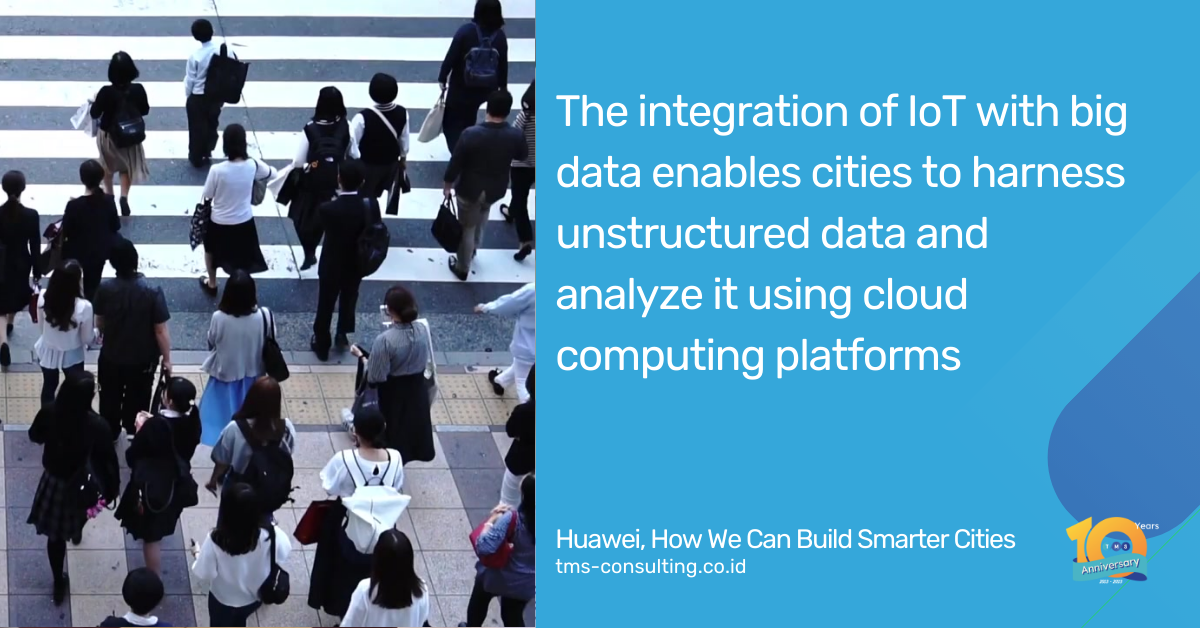The concept of smart cities has increasingly gained traction as urban areas strive to improve their infrastructure and efficiency by adopting digital solutions. A smart city employs technology and data to optimize resources, enhance citizen well-being, and create a more sustainable environment. Big data plays a crucial role in this transformation, enabling cities to gather and analyze vast amounts of information to drive informed decision-making and improve services.
The Interplay of Big Data and Smart Cities
Smart cities rely heavily on the Internet of Things (IoT), which connects various devices such as sensors, cameras, and traffic lights, allowing them to communicate seamlessly. These interconnected devices generate an enormous amount of data, which forms the backbone of smart city applications. For instance, IoT technologies help monitor and manage traffic congestion, energy usage, waste management, and security operations in real-time.
According to Hashem et al. (2016), the integration of IoT with big data enables cities to harness unstructured data from multiple sources and analyze it using cloud computing platforms. This comprehensive data collection and analysis offer valuable insights into urban issues, facilitating proactive interventions to improve urban life. The combination of big data and IoT offers numerous opportunities for innovation in sectors like healthcare, transportation, and governance.
Transforming Government Services with Big Data
As governments increasingly recognize the potential of big data, many have developed digital strategies aimed at enhancing public services. For instance, the Saudi Arabian government’s digital transformation initiatives focus on improving governance through data-driven decisions and policies. By leveraging big data analytics, governments can gain insights into citizen needs, enabling them to deliver personalized services and allocate resources effectively.
Additionally, as noted in the Huawei ICT Insights Report, incorporating artificial intelligence (AI) and big data can significantly improve decision-making processes by predicting future trends and identifying areas requiring immediate attention. This predictive capability helps governments tackle issues such as public safety, health crises, and traffic management in a timely manner.
Enhancing Urban Infrastructure and Efficiency
Infrastructural advancements within smart cities rely on data-driven solutions that optimize resource utilization. Cities worldwide are adopting digital infrastructure such as smart grids, which improve energy efficiency by adjusting supply based on real-time demand. In transportation, smart traffic management systems collect data on vehicle movement patterns and adjust traffic signals dynamically to ease congestion. The benefits extend to smart waste management systems that monitor garbage levels in real-time and schedule timely collections, minimizing fuel consumption and labor costs.
Overcoming Challenges with Big Data
Despite the numerous advantages of big data, its application in smart cities poses several challenges. The vast amounts of data collected from various sources require efficient storage and processing capabilities. Cloud computing solutions help alleviate some of these issues by providing scalable storage and advanced analytics platforms. Moreover, governments and organizations must address concerns related to data privacy and security to gain public trust.
Another challenge is the standardization of smart city initiatives. As highlighted in recent research, there is a lack of universally agreed-upon definitions and frameworks for smart city implementations. This lack of standardization complicates collaborations between governments, technology providers, and citizens, potentially hindering smart city development.
Conclusion
Big data plays a pivotal role in the evolution of smart cities, providing actionable insights that enhance urban infrastructure, resource management, and citizen well-being. Governments must prioritize data-driven policies and invest in IoT and cloud technologies to unlock the full potential of big data in transforming urban life. Despite the challenges, the future of smart cities holds immense promise as long as cities continue to innovate and adopt strategies that prioritize data efficiency and sustainability.
TMS Consulting is here to be your trusted partner on this exciting journey. With our commitment to Innovation, TMS Consulting can help you unlock your full potential and achieve sustainable growth in the digital age. Talk to us today and take the first step to being a part of the embracing digital transformation!
References
Huawei, How We Can Build Smarter Cities
The Role of Big Data in Smart City
Smart cities and entrepreneurship: An agenda for future research






